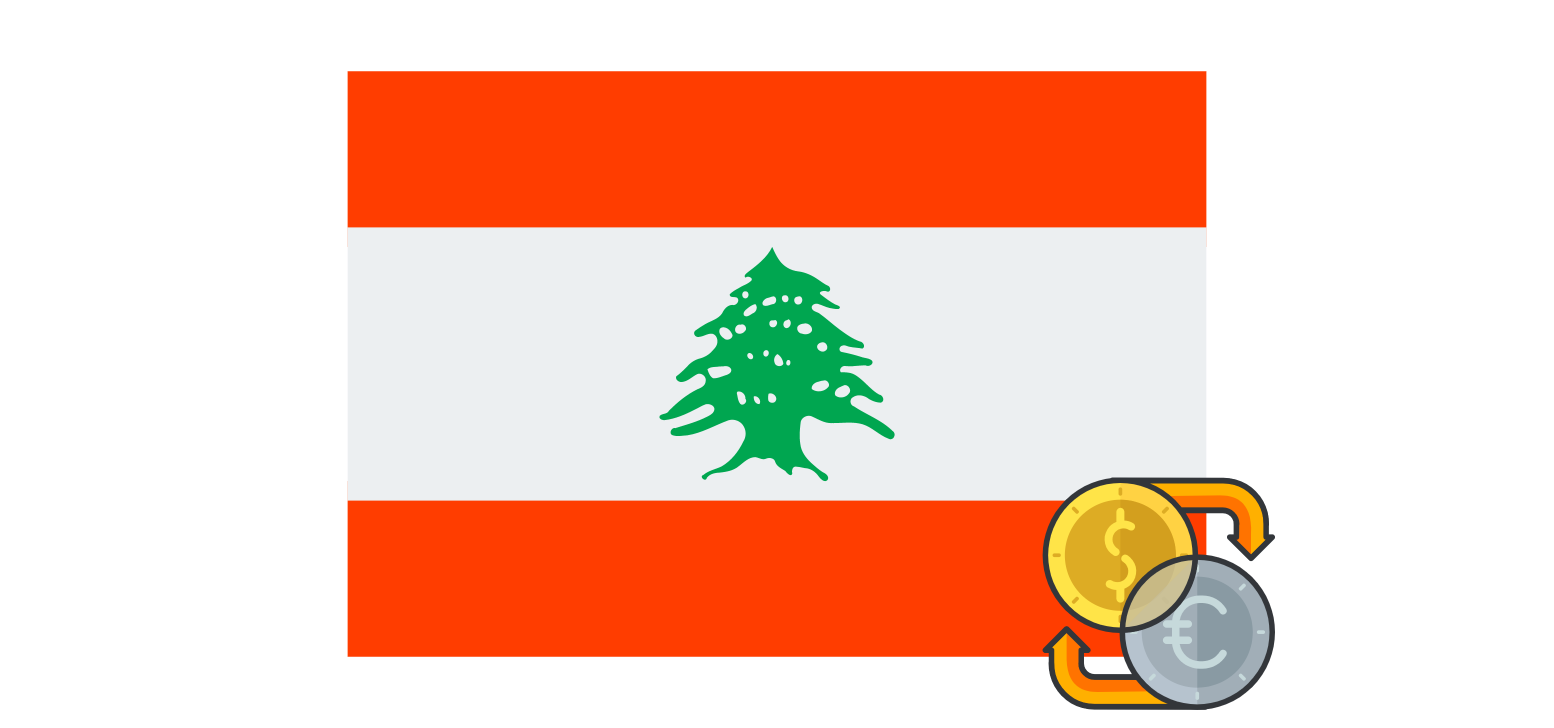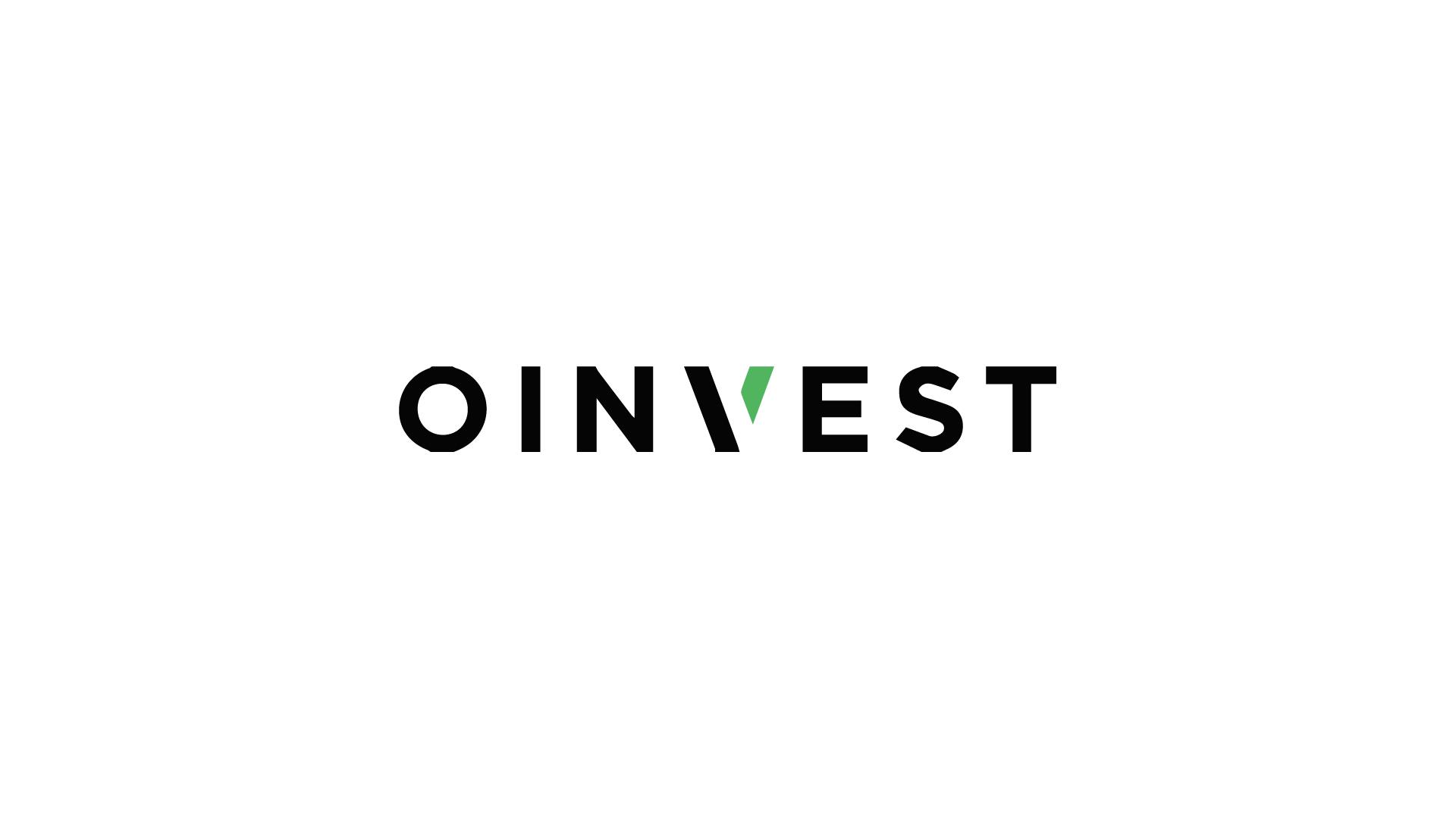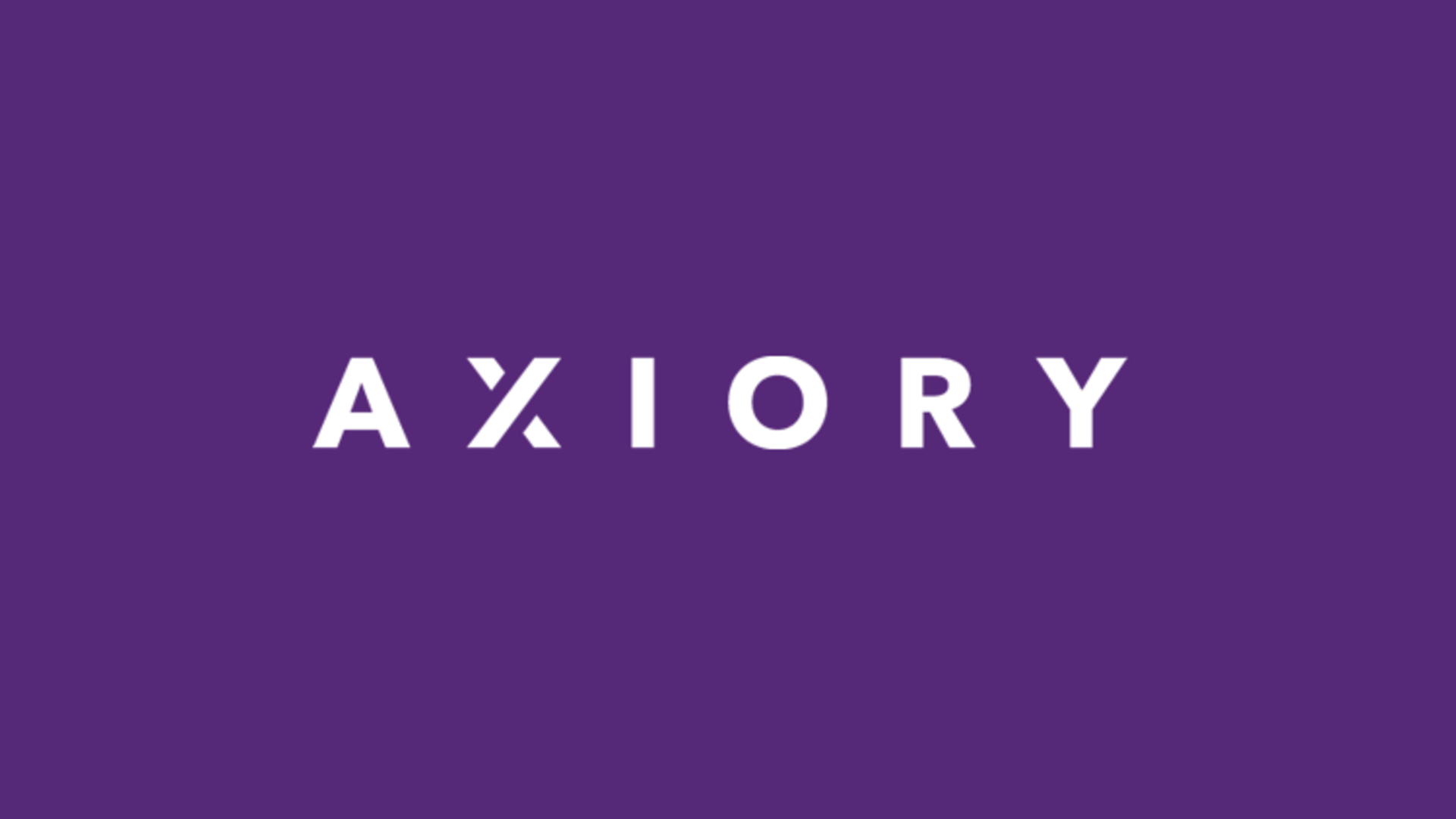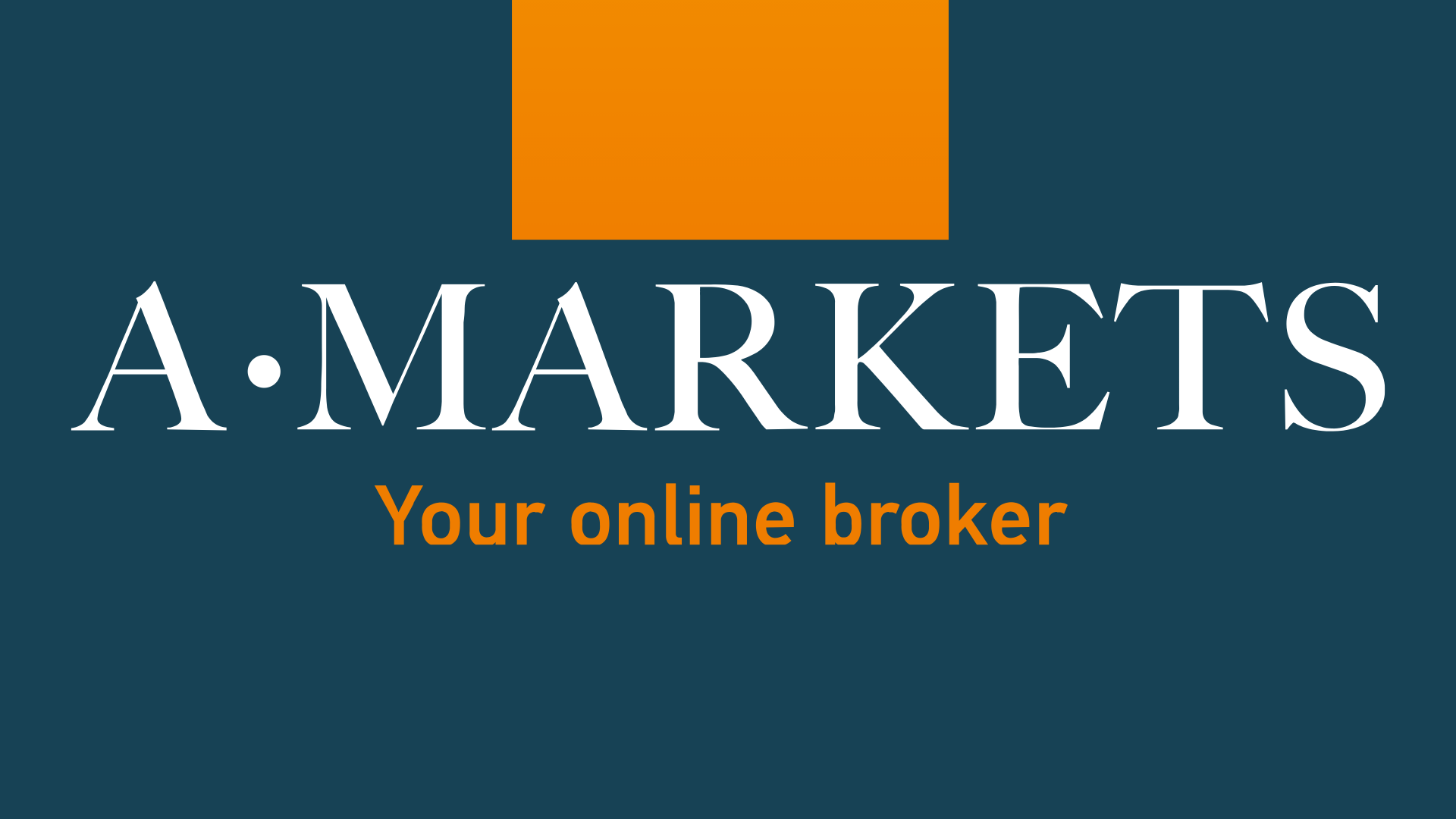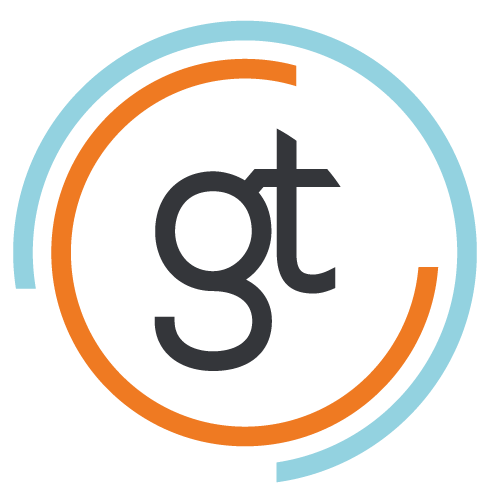Contents
- 1 What are the best Forex brokers in Lebanon?
- 2 What is the main regulatory body of Lebanon?
- 3 What are the regulations in Lebanon?
- 4 What is the national currency of Lebanon?
- 5 What are the most popular payment methods in Lebanon?
- 6 What are the pros and cons of Lebanon Forex trading
- 7 Should you start trading FX in Lebanon?
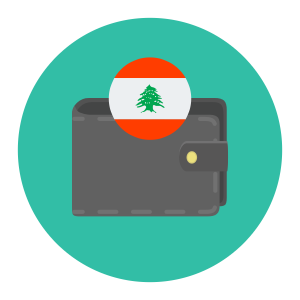 Forex trading, as well as many other fields of economy, has changed a lot in the last few years. The development of modern technology creates a space accessible by anyone who is interested in trading, no matter where they come from, or what they do for a living.
Forex trading, as well as many other fields of economy, has changed a lot in the last few years. The development of modern technology creates a space accessible by anyone who is interested in trading, no matter where they come from, or what they do for a living.
In addition to personal computers, Forex traders today have the ability to access the trading market with their smartphones, which creates the ability to always stay connected to the trading market. This type of development is especially important for countries like Lebanon, that still has a lot of challenges ahead, however, by working hard on new regulations, everyone in the country can gain enough resources to support the successful development of fields like Forex.
In today’s guide, we will discuss everything about Forex trading in Lebanon, so if you are looking forward to starting trading there, you should follow our tips carefully.
What are the best Forex brokers in Lebanon?
There are a number of opportunities in Lebanon for Forex brokers because a lot if internationally well-known companies are offering their services to the citizens of the country. However, to find the best Forex broker, one should focus on so many things that at some point, it gets impossible to find the best one.
To make your job a lot easier, we have done very detailed research, focusing on regulations, payment methods, available trading currencies, and many other things that can be important for a Forex trader. Check out our list below and start trading with Lebanon’s top Forex brokers now!
XM
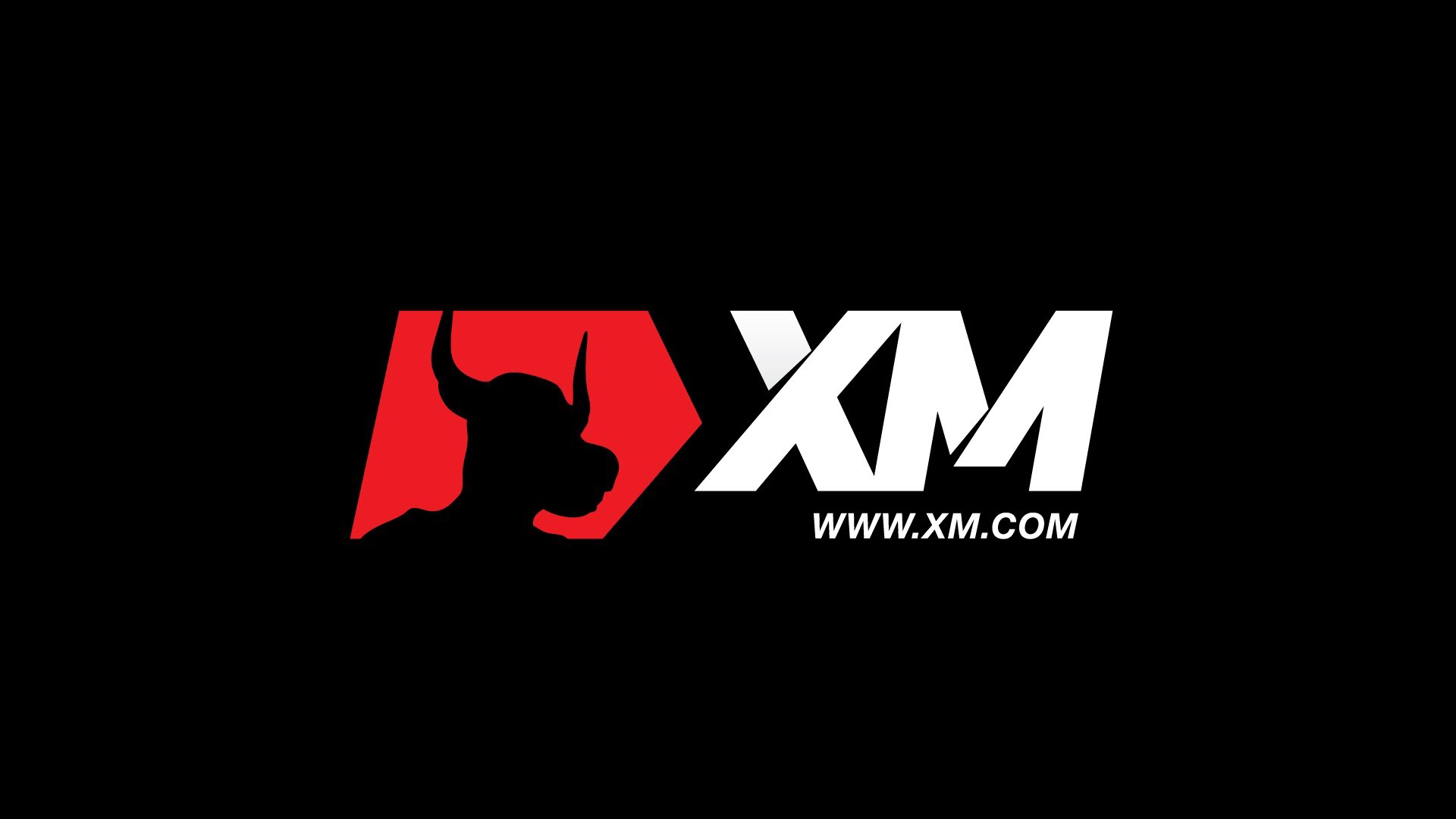

Min. Depo
$5

Licences
FCA, CySEC, IFSC, ASIC, DFSA

Leverage
1:888

Platforms
MT4, MT5, WebTrader
AvaTrade
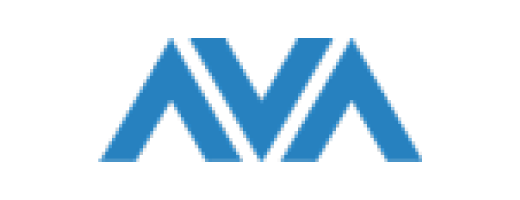

Min. Depo
100 USD

Licences
ASIC, FSA, FSCA, FFAJ, FSRA, FSC

Leverage
400:1

Platforms
MT4, MT5
Exness
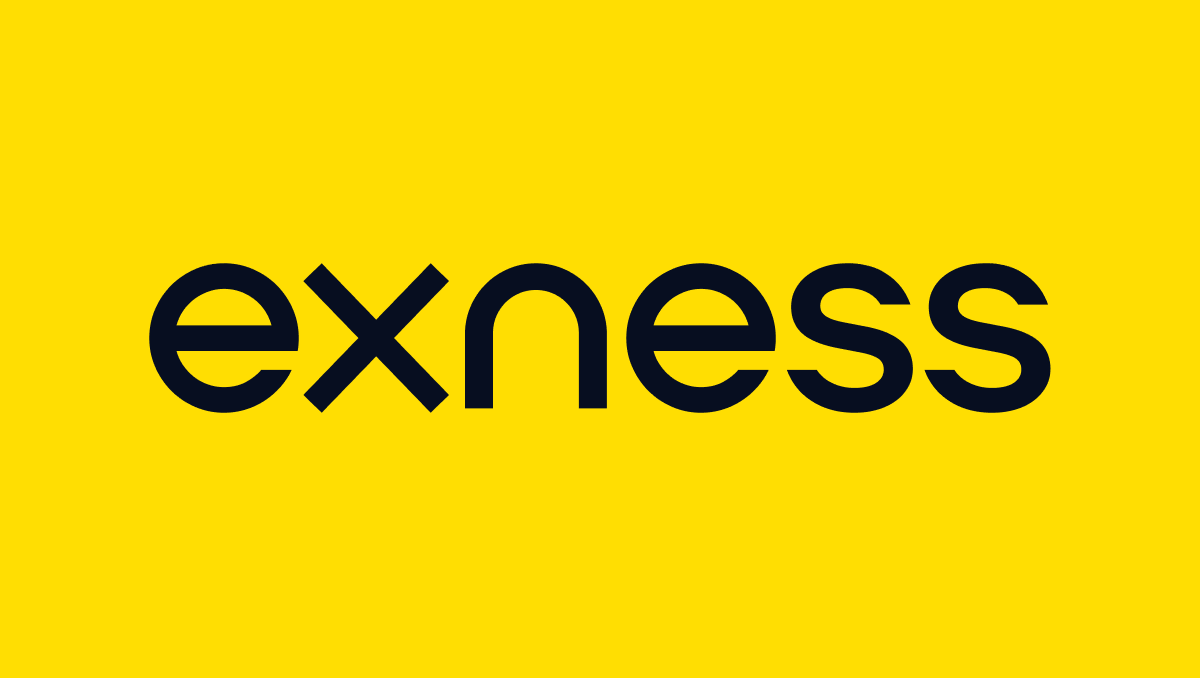

Min. Depo
$10

Licences
CySEC, FCA, SFSA

Leverage
1:2000

Platforms
MT4, MT5
FundedBull
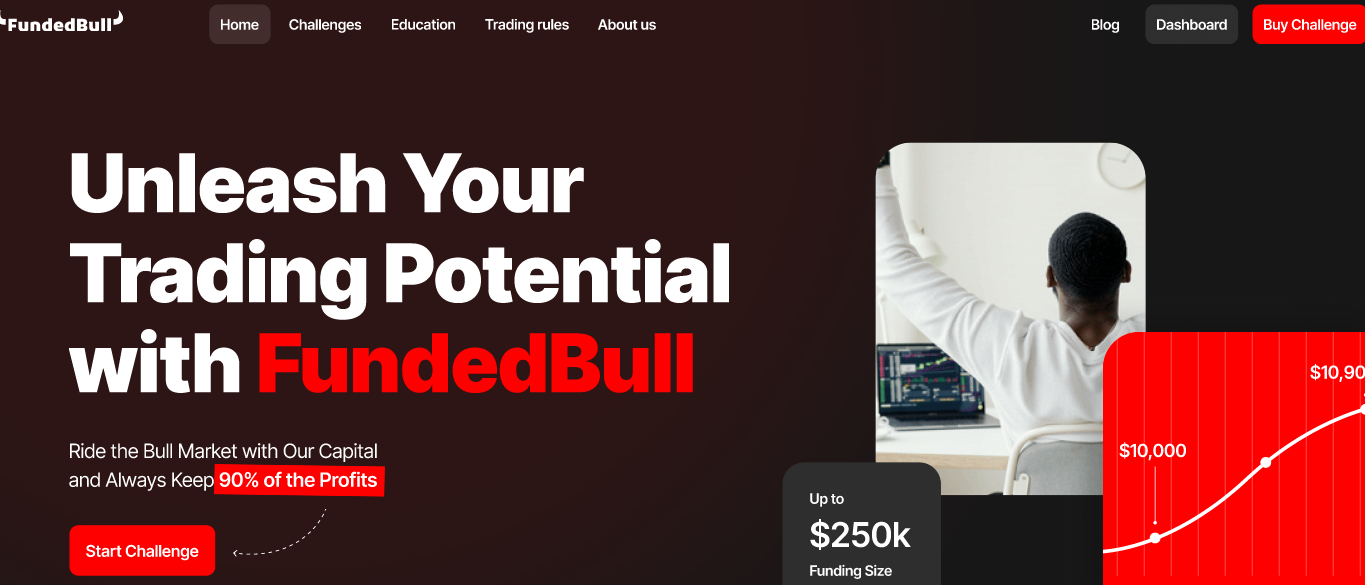

Min. Depo
49 USD

Licences
N/A

Leverage
N/A

Platforms
MT4, MT5, cTrader
Forex.com
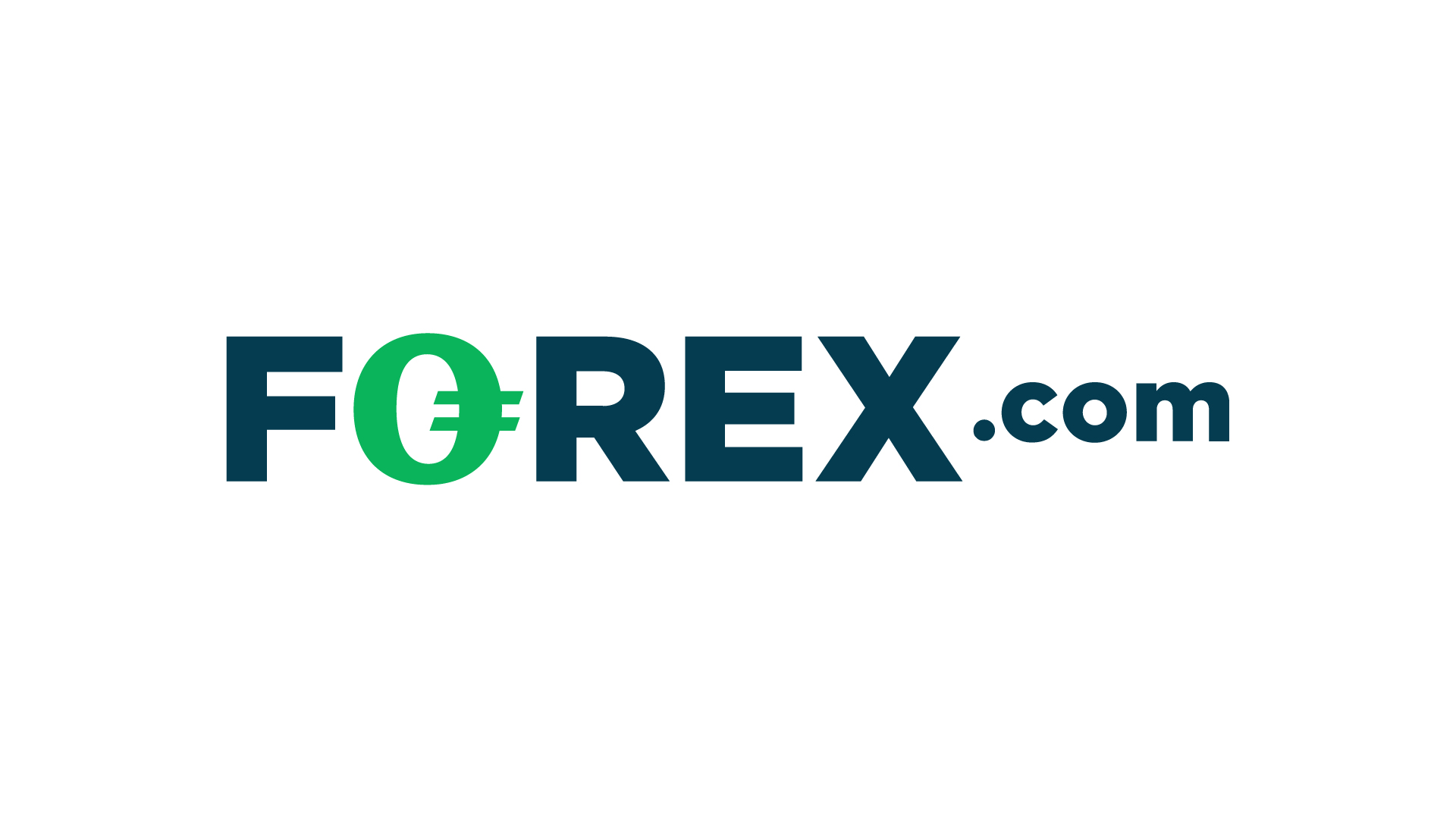

Min. Depo
$100

Licences
NFA, CFTC, FCA, FSA, IIROC and CIMA

Leverage
1:50

Platforms
WebTrader, MT4, MT5
CMTrading

Min. Depo
250 USD`

Licences
FSCA

Leverage
1:200

Platforms
MT4, WebTrader, Copykat
Plus500
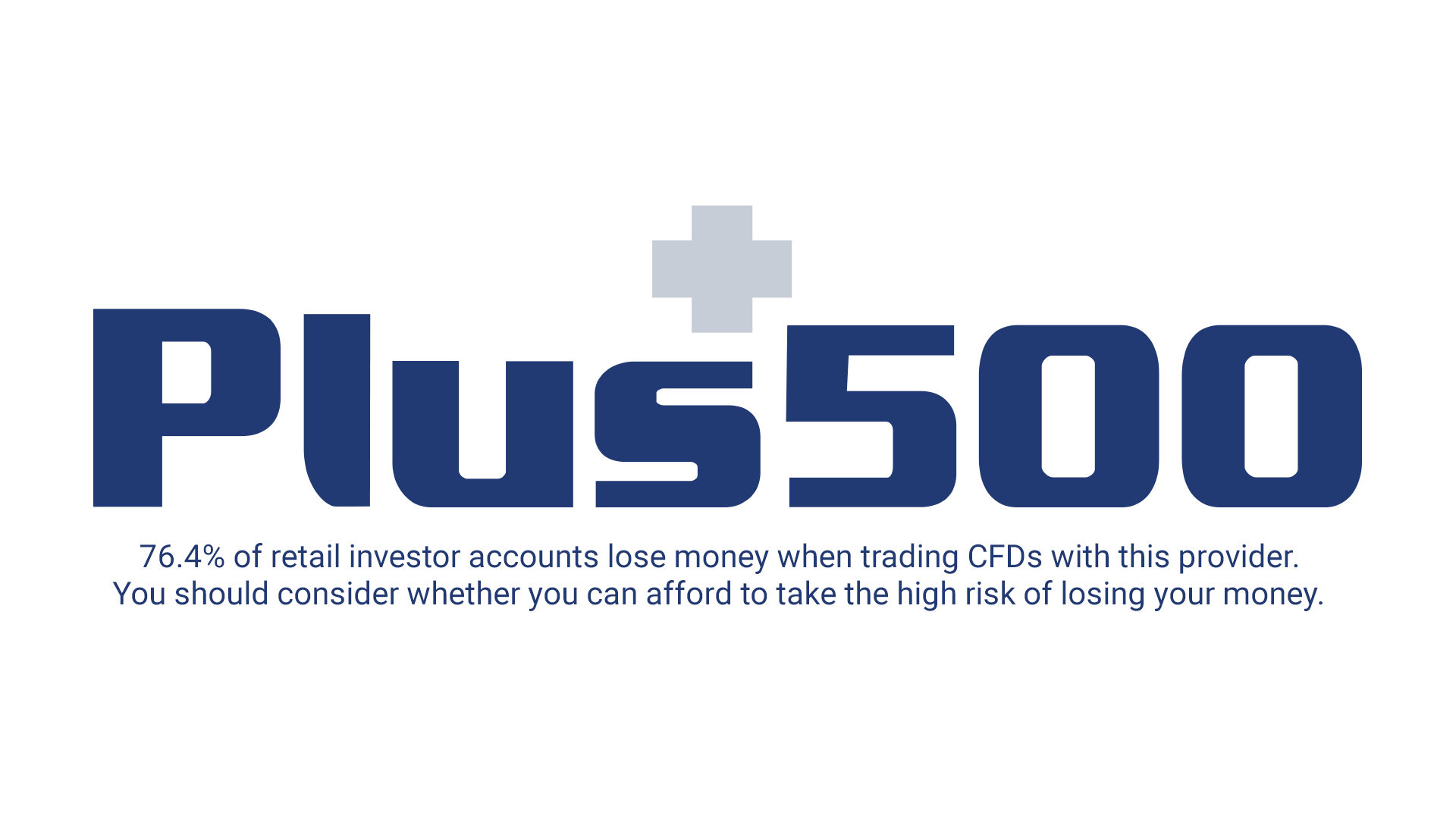

Min. Depo
$100

Licences
FCA, ASIC, CySEC, FSCA, FMA, MAS

Leverage
1:30

Platforms
WebTrader, Windows 10 Trader
What is the main regulatory body of Lebanon?
The main regulatory body of the country is the national bank of Lebanon, the Bank of Lebanon, BDL, or Banque Du Liban. The bank was established in 1963 and since then, it has become fully operational. The whole banking sector of the country is pretty different from other parts of the world, in Lebanon, there are more than 100 different banks as of today. This makes the job of the central bank super important.
What does the national bank of Lebanon do?
The main job of the national bank of the country is to safeguard the economy and monetary stability, protect the reliability of the banking sector, develop financial markets and money, create and regulate money transfer operations, e.g electronic transfers, it also develops and takes care of the payment systems and instruments in Lebanon and takes care of many other financial fields in the country.
What are the regulations in Lebanon?
As we have already said, the national bank of the country is the main regulator of the financial field in Lebanon. BDL’s power is ensured by the local law, and along with many other things, it is also able to ensure the stability of the exchange rate. The central bank is able to intervene in the foreign exchange market by buying and selling foreign currencies, it also controls bank liquidity, participates in open markets, etc.
 The Bank also regulates brokers and grants licenses to them, which means that Forex brokers in the country can be trusted.
The Bank also regulates brokers and grants licenses to them, which means that Forex brokers in the country can be trusted.
However, keep in mind that the field of Forex is pretty new in Lebanon, so there might be a number of scam companies that are trying to use the situation for their own good and steal your hard-earned money.
Why are regulations so important?
To understand the importance of regulations, we need to talk a little about what happens when you trade with a company that does not have any type of authentication. We have all heard of the horror stories about people who have gotten lied to, and who lost their funds because of some scam companies.
To make sure that you won’t become one of those companies, you should always try your best to trade with an authorized company. But, keep in mind to always trade with companies that own both, international and local licenses.
However, do not just trust the information that was provided on the website of a broker, there are many FX brokers who claim that they own some type of a license, while in reality they are not regulated at all. The thing that you could do is to contact the regulatory body directly, in most cases, they have special pages dedicated to the Forex brokers that they have authorized. In case there is not such a list, you can always ask them for information about a specific Forex broker.
Is FX trading safe in Lebanon?
In general, we can say that FX trading in the country is safe. However, it does not mean that there are no scams in the country. To make sure that you are staying safe, you should always double-check the information that was provided by a broker and you should only trade with brokers that have authorization from both, local and international regulatory bodies.
Although there are many problems with FX in Lebanon, the country has a lot of great FX brokers that you should definitely check out. See our favorites below!

Licences
FCA, CySEC, IFSC, ASIC, DFSA

Min. depo
$5

Leverage
1:888

Platform
MT4, MT5, WebTrader
XM

Licences
ASIC, FSA, FSCA, FFAJ, FSRA, FSC

Min. depo
100 USD

Leverage
400:1

Platform
MT4, MT5
AvaTrade
What is the national currency of Lebanon?
For Forex trading in Lebanon, it is very important to make sure that you are using Forex brokers that accept payments in the local currency. Lebanese pound is the national currency of the country, with the official code of LBP. The pound has been fixed at 1515,02 pounds per USD since 1997, however, since August 2020, the pressure on the peg has started, creating a parallel rate n the market. This means that the reserves of the central bank are weakening and the bank is not able to defend the rate of the currency.
Because of such a situation, not so many people are using LBP for Forex trading, however, it still would be recommended to find a broker that accepts payments in this currency to not spend money on additional exchange fees.
If you decide to trade with this currency, it means that you are trading with exotic currency pairs, which is not so common. In general, most of the Forex traders, especially beginners, prefer to use Major currency pairs for Forex trading.
Mostly, the available currency pairs depend on the trading platform that the Forex broker is using. There are many different versions of it, most of the brokers, 90% actually use MetaTrader 4, which was developed 15 years ago in 2005 by a Russian company called MetaQuotes. It also has a newer version, MetaTrader 5. Another very popular trading platform is cTrader, some Forex brokers even have their own personal trading platforms.
What are the most popular payment methods in Lebanon?
When it comes to FX trading in Lebanon, it is vital for everyone to choose the right payment method. While choosing it, you need to think about how easy is it to use, how speedy the transactions are, and how much of a fee you will have to pay while depositing or withdrawing your funds.
There are many payment methods available for Forex traders in Lebanon, many of them being the local solutions. However, internationally well-known companies also offer their services in the country. You can use credit/debit cards of Visa and Mastercard to the majority of the Forex brokers, while also being able to use mobile payment solutions, like CMO, which is a local application that enables its customers to make direct online payments.
What are the pros and cons of Lebanon Forex trading
As successful and popular as Forex can be in Lebanon, there are of course advantages and disadvantages of trading FX in the country. We believe that by showing you both sides of it, you will be able to easily understand everything about the field of Forex in the country.
Pros:
- One of the biggest advantages of Forex trading in Lebanon is the regulations, which makes sure that you can stay safe
- There are many local payment methods available that you can use for Forex trading as well
- The economy of the country is developing very fast, ensuring a very good environment for Forex trading
Cons:
- Even though the field of Forex is regulated, there still are some scam companies that need to be taken care of
- The financial situation in the country is a bit unstable, which can be a bit of a problem for many
- The national currency of Lebanon is not successful at all
Should you start trading FX in Lebanon?
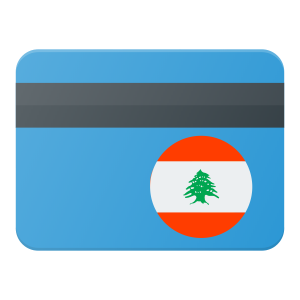 We believe that because of the regulations that the government of the country adopted, Lebanon was able to create an environment for Forex trading that can be very successful. However, the country still has a number of challenges that need to be overcome. In general, we believe that anyone willing to start Forex trading in Lebanon can do so, however, you need to be ready to do some research to make sure that you are using a reliable Forex broker and you are not being lied to.
We believe that because of the regulations that the government of the country adopted, Lebanon was able to create an environment for Forex trading that can be very successful. However, the country still has a number of challenges that need to be overcome. In general, we believe that anyone willing to start Forex trading in Lebanon can do so, however, you need to be ready to do some research to make sure that you are using a reliable Forex broker and you are not being lied to.

